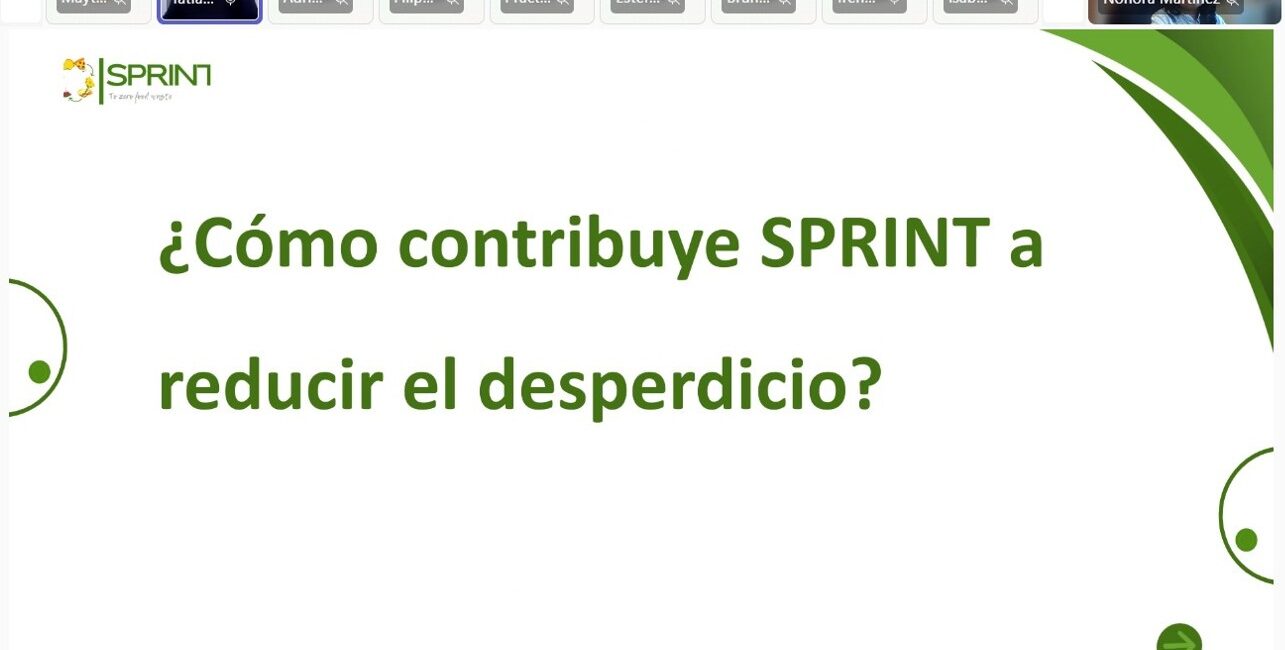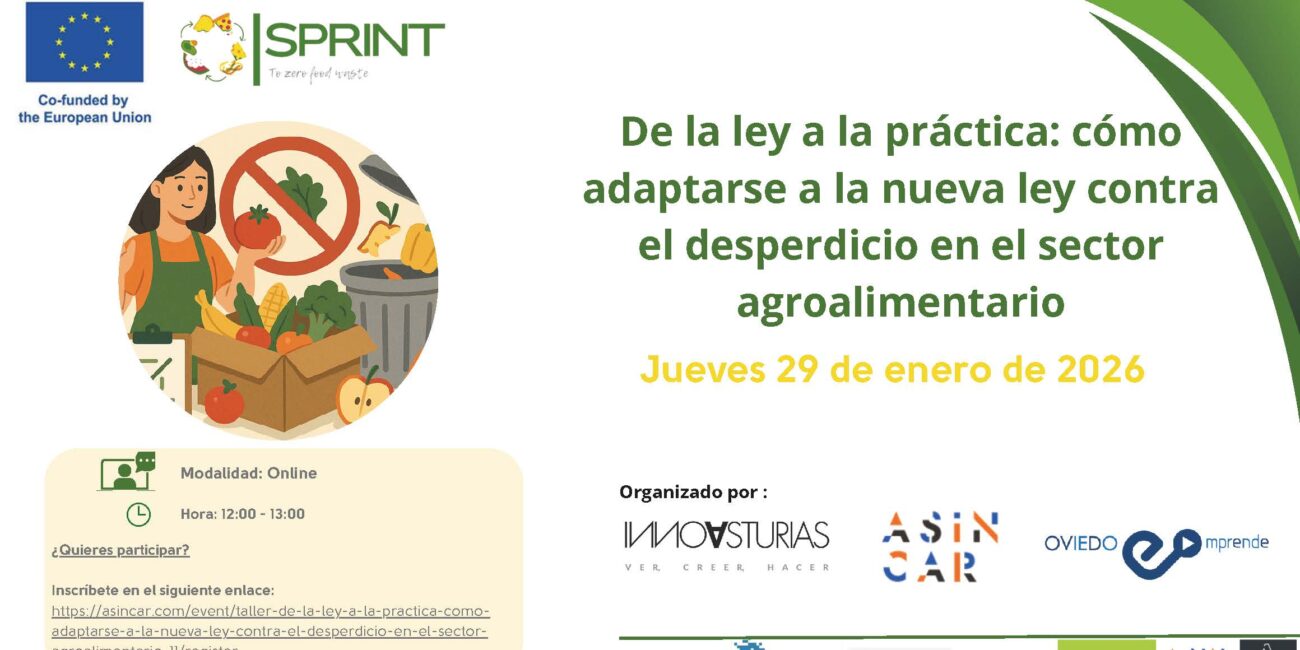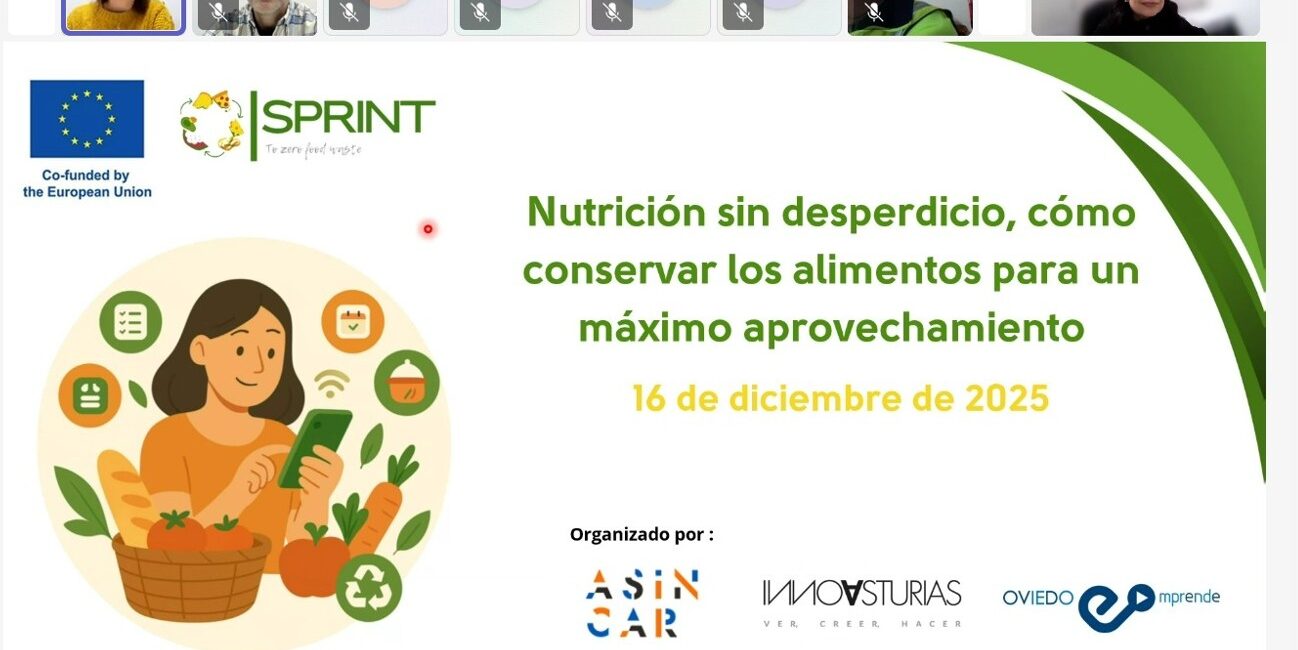how we are going to do it
Lines of action
The proposal
The SPRINT proposal focuses on addressing two main gaps: the scarcity of robust evidence-based intervention studies and the dominance of top-down approaches para tratar el desperdicio de alimentos entre los consumidores, mediante diferentes líneas de actuación.
To address the first gap, an experimental study will be conducted using a systems approach. This approach will be used both to diagnose the problem and to design interventions, enabling key drivers and catalysts of behaviour change to be identified.
It is recognised that individual behaviours are the product of decisions influenced by external factors of various kinds, such as cultural, social, political and economic. In addition, the systems approach highlights the importance of considering the long-term impact of interventions, beyond the duration of the project.
On the other hand, the quantification of food waste will be carried out directly on site, which will ensure more reliable results compared to self-reported surveys, which are often biased by social desirability. The measurement methodology will integrate learnings from previous projects, selectively applying tools such as the Standard Quantification Protocol developed by FUSIONS.
In addition, a pre-post evaluation design will be adopted, which will allow measuring changes over time and establishing more precise cause-effect relationships, minimising the influence of external variables that could distort the results.
Regarding the second gaprelated to top-down approaches, SPRINT proposes a multi-stakeholder approach that fosters collaboration between stakeholders. This approach makes it possible to identify challenges and generate solutions co-created by and for stakeholders, benefiting not only end consumers, but also all actors in the food ecosystem.
The project will integrate various strategies that have proven to be more effective together than in isolation. These will include innovative technological tools combined with actions such as nudges and educational trainings. Three case studies will be carried out in different regions of Spain: Asturias, Catalonia and Madrid. These studies will include hotel restaurants, households and supermarkets, and in the first two cases, they will be carried out in different locations to observe variations by location.





